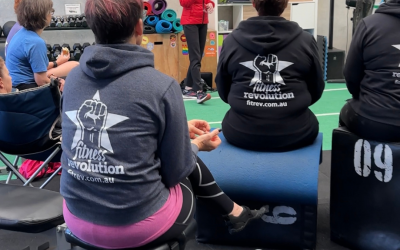Health benefits of water
Water is crucial to your health. Every system in your body depends on water.
Your lungs expel between two and four cups of water each day through normal breathing – even more on a cold day. If your feet sweat, there goes another cup of water. If you make half a dozen trips to the bathroom during the day, that’s six cups of water. If you perspire, you expel about two cups of water (which doesn’t include exercise-induced perspiration).
A person would have to lose 10 percent of their body weight in fluids to be considered dehydrated, but as little as two percent can affect athletic performance, cause tiredness and dull critical thinking abilities.
Adequate water consumption can help lessen the chance of kidney stones, keep joints lubricated, prevent and lessen the severity of colds and flu and help prevent constipation.
Lack of water can lead to dehydration, a condition that occurs when you don’t have enough water in your body to carry on normal functions. Even mild dehydration – as little as a 1 percent to 2 percent loss of your body weight – can sap your energy and make you tired.
Dehydration poses a particular health risk for the very young and the very old. Signs and symptoms of dehydration include:
Excessive thirst Fatigue Headache Dry mouth Little or no urination Muscle weakness Dizziness Lightheadedness How much water do you need?
Every day you lose water through sweating – noticeable and unnoticeable – exhaling, urinating and bowel movements. For your body to function properly, you need to replace this water by consuming beverages and foods that contain water. So how much water, or more precisely fluid, do you need?
This isn’t an easy question to answer. A healthy adult’s daily fluid intake can vary widely. Most people drink fluid to quench thirst, to supply perceived water needs and “out of habit.”
Your current total fluid intake is probably OK if you drink enough water to quench your thirst, produce a colourless or slightly yellow normal amount of urine, and feel well.
You can also choose any of the following fluid intake approaches to gauge your fluid needs. There are three approaches to estimate total fluid (water) needs for healthy, sedentary adults living in a temperate climate.
Replacement approach. The average urine output for adults is 1.5 litres a day. You lose close to an additional litre of water a day through breathing, sweating and bowel movements. Food usually accounts for 20 percent of your fluid intake, so you if you consume 2 litres of water or other beverages a day (a little more than 8 cups), along with your normal diet, you can replace the lost fluids. Eight 8-ounce glasses of water a day. Another approach to water intake is the “8 x 8 rule” – drink eight 8-ounce glasses of water a day (about 1.9 litres). The rule could also be stated, “Drink eight 8-ounce glasses of fluid a day,” as all fluids count toward the daily total. Though this approach isn’t supported by scientific evidence, many people use this basic rule as a guideline for how much water and other fluids to drink. Dietary recommendations. The Institute of Medicine recommends that men consume 3 litres (about 13 cups) of total beverages a day and women consume 2.2 litres (about 9 cups) of total beverages a day. These guidelines are based on national food surveys that assessed people’s average fluid intakes. Factors that influence water needs
You may need to modify total fluid intake from these recommended amounts depending on several factors, including how active you are, the climate, your health status, and if you’re pregnant or breast-feeding.
Exercise. If you exercise or engage in any activity that makes you sweat, you’ll need to drink extra water to compensate for that fluid loss. It is interesting to note that lean people have more water in their bodies because muscle holds more water than fat.
Drink 2 cups of water two hours before a long endurance event, for example, a marathon or half-marathon.
One to 2 cups of water is also adequate for shorter bouts of exercise. During the activity, replenish fluids at regular intervals, and continue drinking water or other fluids after you’re finished.
During intense exercise involving significant sweating, for example, a marathon, sodium is lost in sweat, and you may need a sports drink with sodium rather than just water.
Thought Of The Day: “It’s all about the journey, not the outcome” Carl Lewis.
Fitness Revolution Mobile Personal Training & Group Fitness Belmont & Surrounds




0 Comments